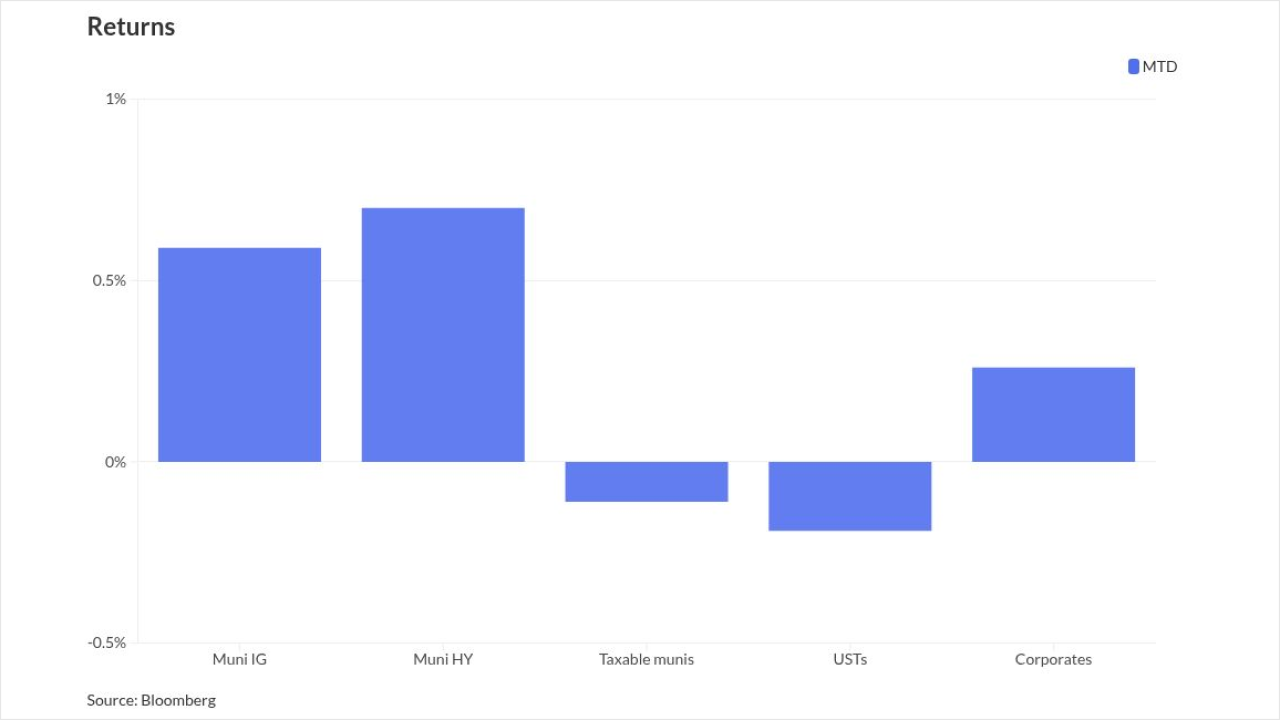
Child sexual abuse claims, wildfire expenses and labor costs compelled the Los Angeles County Board of Supervisors to approve a $3.7 billion increase to the fiscal 2025-26 budget they just passed in June, bringing it to $52.5 billion.
The county annually revisits its budget in September and approves a supplemental budget, but tapping reserves to the tune of $400 million to cover claims for sexual abuses county employees committed against children isn't typically part of the process.
"This supplemental budget is unlike any we've faced in years," County Supervisor Janice Hahn said.
"For the first time in a long time, we have had to make the painful choice to cut services, cut county positions and lay off a number of dedicated county employees," Hahn said.
County Chief Executive Officer Fesia Davenport
Only seven or eight people would lose their jobs, as most of the positions are vacant, Davenport said.
But department heads, including Los Angeles County District Attorney Nathan Hochman, testified at the board meeting that they were advertising to fill the vacant positions, which provide needed services, before the cuts were announced.
The cuts will have real consequences for county residents, Hahn said, including having public pools close months early, parks with limited hours, fewer summer jobs and internships for young people and reduced funding for arts organizations.
But they are necessary to protect the county's core services like hospitals, first responders and the ability to respond to health emergencies, Hahn said.
"No one wants to make cuts, but we made them to uphold our commitment to protecting our residents and the county's role as a safety net for people who have nowhere else to turn," Hahn said.
The county rarely takes money from its rainy day fund — the last time was 2008, during the global financial crisis, Davenport said during her presentation Tuesday.
The money to cover the additional spending will come from slightly higher projected property tax revenues, taking $400 million from reserves to cover the $4 billion settlement on sexual abuse claims and the reallocation of funds not spent by departments last fiscal year, Davenport said. It also includes new federal, state or non-local generated revenues, she said.
The revised budget covers an $815 million first payment on the $4 billion sex abuse settlement, including the $400 million from the county's rainy day fund, Davenport said. The county reached a
Hundreds of lawsuits have been filed across the state against cities, counties and school districts since Assembly bills 218 and 2777 became effective, extending the window for adult survivors of child sexual abuse to file claims.
The county has been making changes, including a new hotline for sex abuse victims, Davenport said.
The number of claims against the county is expected to grow by at least another 3,000, because Assembly Bill 218, signed into law by Gov. Gavin Newsom in 2023, eliminates any time limit for filing claims in cases committed on or after July 2024. They were not covered in the settlement agreement, according
"We are committed to balance," Davenport said.
"We want to preserve the right of victims to be heard and receive compensation, balanced with preserving the county's ability to provide safety net services. We will continue to work with our colleagues in Sacramento and victim's advocates to strike a balance," she said.
"Tapping the rainy day fund was a difficult decision," Davenport said.
The Government Finance Officers Association recommends that local jurisdictions set aside 17%, or the equivalent of two months of revenues, Davenport said. The county's reserve target, according to its policy, is 17%, which would equal $1.5 billion based on the revenues in the 2025-26 supplemental budget, she said.
After the draw down to cover the sex abuse claims, the county will have $738.2 million, or roughly 8.1% of ongoing discretionary revenues in its reserve fund, she said. The budget will set aside another $61 million of one-time year-end savings to set aside 10% to comply with board policies around reserves, she said.
In response to citizen queries about why the county needs so much in reserve, Davenport said the county needs to maintain reserves not just to protect itself fiscally, but because its bond ratings rely on it.
To those who recommend we pull money out of reserves to fund programs, it's one-time money and can't be used to cover ongoing expenses, Davenport said.
"Our investment grade ratings rely on healthy reserves," Davenport said. "This isn't just of interest to investor insiders. These ratings are the cost of borrowing money to pay the AB218 claims and to support the operations of the county without higher costs."
In July, Davenport said, the county was working with its advisors on a plan to
S&P Ratings and Fitch both affirmed the county's issuer ratings at AAA with a stable outlook in August before BofA Securities and Ramirez & Co priced $824.48 million in lease revenue bonds for the county.
The county has an issuer rating of Aa1 from Moody's Ratings. Moody's
In its ratings report ahead of the deal, Fitch estimated the county will issue $3 billion in judgment obligation bonds to cover the settlement. The debt will be combined with the reserve draw and budgetary cuts to cover the settlement, analysts said.
The county has agreed to pay the legal settlement out over five years, starting in January 2026, according to the supplemental budget report.
"Negative rating pressure could arise if outcomes differ from this expectation or if liabilities (including the Fitch-adjusted net pension liability) materially exceed a $4 billion increase without offsetting growth in the resource base," Fitch said.
The county also expects to spend more than $800 million on
"The county's fiscal 2026 budget accounts for potential revenue losses and increased expenditures related to the recent fires, and we believe additional assistance from state and community partners will help offset some costs," S&P analysts wrote.
Davenport's budget report estimated that the total costs and revenues lost from the fires could grow to $2 billion.
Challenges that could create downward pressure on the ratings, according to Fitch, include failure to maintain reserves at 15% of the general fund. The county's Department of Health Services also receives roughly 80% of its revenues from Medicaid, so material cuts to Medi-Cal, the state's Medicaid program, could pressure the ratings, Fitch said.
The county should prioritize public health as a public safety issue, on par with police and fire, "especially since the federal government has abandoned any notion of what public health should be," said County Supervisor Holly Mitchell.
"I know as a board, we are going to have very tough decisions to make," Mitchell said. "We still don't know what will come down from the federal government. I think this budget will have to continue to be fluid."
County Supervisor Kathryn Barger said though the county's budget "may sound vast," the majority is restricted to program-specific revenues, legal obligations or one-time funds.
The fiscal pressures from the sexual abuse claims "are resulting in our county's budget being headed to life support," Barger said.
"Almost a quarter of our budget is spent funding health and welfare services for some of our most indigent and vulnerable residents," Barger said. "Sadly, that's where cuts will mostly be felt, since we've been forced to afford the AB 218 settlements."





